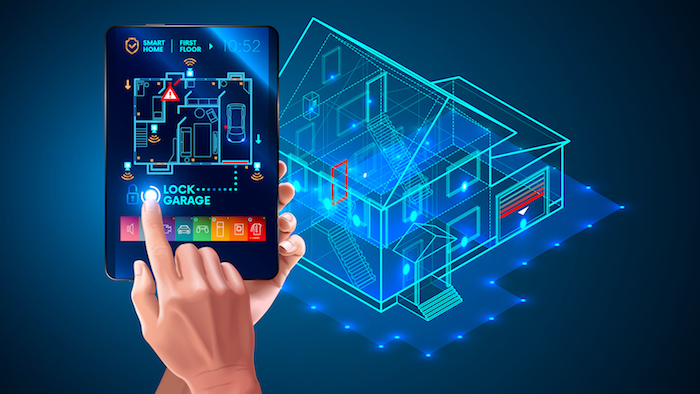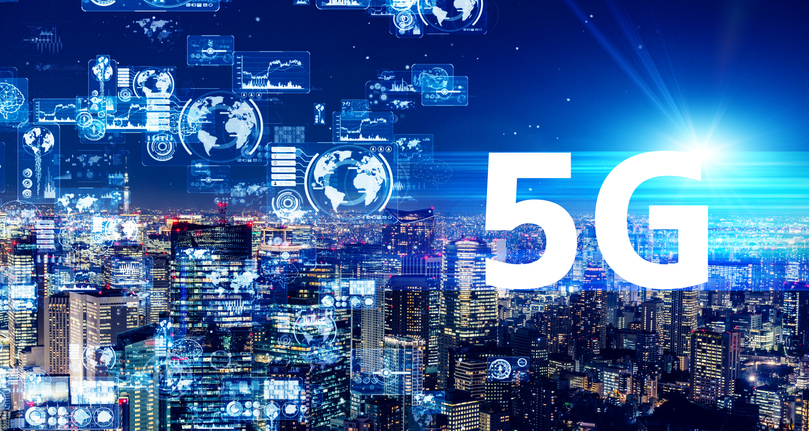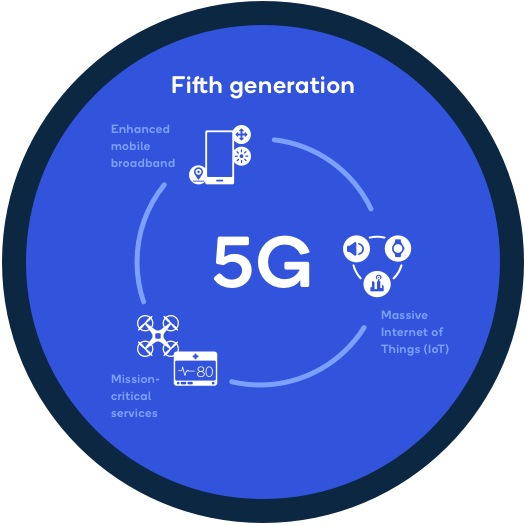
Smart home technology has come a long way in recent years, and the future looks even brighter. The Internet of Things (IoT) has made it possible for homeowners to control their homes from anywhere in the world using a simple smartphone app. From adjusting the thermostat to controlling lighting, smart home technology has revolutionized the way we live in our homes.
One of the most exciting things about smart home technology is its potential for future applications. As technology continues to evolve, the possibilities are endless.
One potential future application of smart home technology is health and wellness. Smart homes have the ability to monitor and track a variety of health and wellness metrics, including sleep patterns, heart rate, and blood pressure. This information can be used to help individuals live healthier lives and improve their overall well-being.
Another potential application of smart home technology is energy efficiency. With the integration of advanced sensors and energy-saving technology, smart homes will be able to reduce energy consumption and costs while also reducing their impact on the environment. The homes of the future will become even more energy-efficient, providing a greener and more sustainable living experience.
Smart home technology will continue to evolve, making home automation even more sophisticated. Homes will be able to learn the habits of their inhabitants and automate tasks such as adjusting the temperature and turning lights on and off. This level of automation will provide a more convenient and comfortable living experience.
Smart homes will also become even more secure in the future, with the integration of advanced security systems and sensors. These systems will be able to detect potential threats and alert homeowners, providing peace of mind and added security. Personalized entertainment will also become a reality, with smart homes being able to provide personalized entertainment experiences, based on individual preferences and habits.
In conclusion, the future of smart home technology is bright, and the potential applications are endless. From improving health and wellness to making homes more energy-efficient, smart home technology has the power to revolutionize the way we live in our homes. We can expect to see continued advancements in this technology in the coming years, making our homes safer, more comfortable, and more efficient than ever before.

